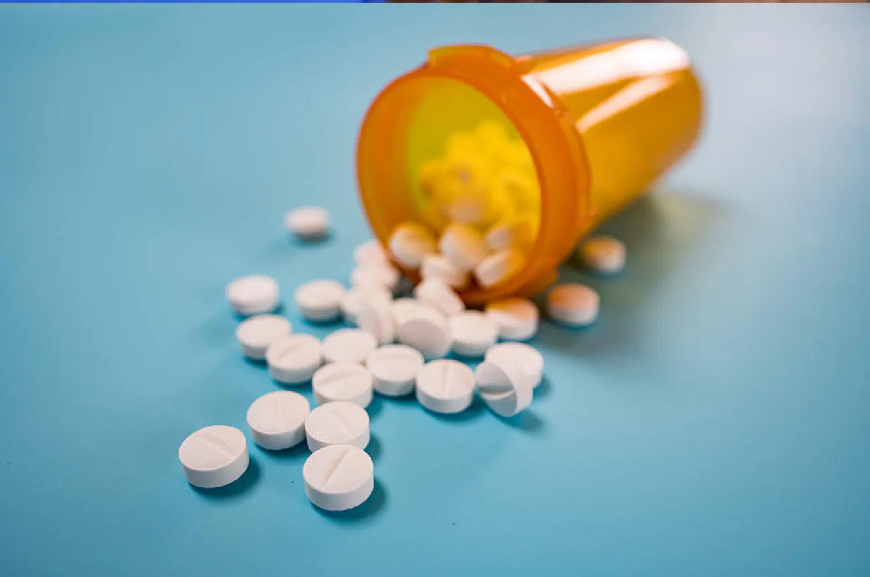DRUGS: Nigeria risks boycott of global shipping services

FOLLOWING the incessant arrest of vessels and detention of crew members for drugs-related offences, some foreign shipping companies have blacklisted the country from receiving shipping services.
Raising an alarm of rising incidences, the Maritime Security Providers Association of Nigeria, MASPAN, has said hundreds of foreign seafarers are currently languishing in jail houses across Nigeria and undergoing trials for offenses they know nothing about.
Speaking on the development, the President of MASPAN, Emmanuel Maiguwa, said that drug traffickers have found that ships are the only means to move large quantities of drugs and other narcotics across the world hence, most times these vessels are loaded with drugs without the knowledge of the crew.
Maiguwa warned that if this trend is not urgently addressed, more vessels will begin to avoid Nigeria adding the if any vessel decides to sail to the country, the drug-related insurances on such vessels will be far more than the war risk insurance Nigeria is currently struggling with.
He advised that Nigeria urgently needs to put a judicial system in place that will quickly dispense cases of arrest of vessels and detention of crew that are drug related so that the vessel can continue to trade with her crew while the trial is ongoing.
He explained that at a point during the COVID -19 pandemic, ships were the only means of carrying supplies around the world, and drug traffickers took advantage of it and loaded vessels with drugs without the knowledge of the vessel owners and crew members.
He stated further: “Following the shutdown of the transportation system during COVID-19, Shipping was the only transport sector that was left to keep the supply chain open and help economies to recover.
“And shipping was also the only option left for anyone involved in drug trafficking and they tried to move drugs around. So the cartel found new methods that enable them to hide large amounts of drugs on vessels without the crew of the vessels knowing about it .
“In the past, traditionally, the crews were involved in drug movements to carry few amounts of drugs sometimes in their pockets and all that but when it comes to large movements, you cannot do it with the crew. So these traffickers developed new tactics to hide drugs without the knowledge of the crew and move them around the world
“West Africa as you know is a transit region for drugs to other parts of the world,. Now, the laws of countries like Nigeria are done in such a way that the ship and the crew become liable once certain quantities of drugs are found on board vessels. And this has consistently put pressure on shipping and seafarers.
“As we speak, there are a few numbers of ships that have been detained along with their crew who are still standing trial and because we do have a legal system that quickly dispenses cases like these and we also do not have appropriate legal mechanism that deals with cases like these without allowing the ship and the crew suffer unnecessarily.
“So the concern here is that shipping companies all over the world are having these challenges in Nigeria and the repercussion is that a lot of companies would begin to avoid Nigeria ports or alternatively, they will begin to take additional insurance on drugs and other narcotics if found on their vessels and these insurance are extremely expensive.
“So it’s like we are dealing with war risk insurance which we have not totally gotten off our back, we are now likely going to face another problem. I can assure you that the insurance package for drugs is far higher than war risk insurance.
“A couple of Shipping companies we know have put the Nigeria Brazil route off their charter, so we should be expecting a shortage of vessels willing to carry cargo to Nigeria. Brazil-Nigeria is a major trading route for sugar because of our production of other goods and the confectionery industry. BUA brings almost 90 percent of its sugar from Brazil. Do that is a problem we are trying to discuss and see how the judiciary can come up with a mechanism that will quickly empower the relevant agencies to accelerate investigations and discharge the crew when and if they are not found guilty rather than keeping them in jail indefinitely.
“There are two ships I know, one has stayed almost two years and there is another that was arrested on July 5th last year and released in November but the crew are still undergoing trial. And the next adjournment is for October 14th. So you can that this crew would have spent almost two years in Nigeria for no fault of theirs.
“I can tell that crew of foreign ships will begin to avoid Nigeria . When you are in Brazil as a sailor and you hear your next port is Nigeria, you tell your company to sign you out which will also be a problem for Marine and Blue Economy and how efficient our environment is for international shipping to thrive.
“This informed this conference and this is why we are bringing NDLEA, we are bringing Immigration, the National Agency for prohibition human trafficking, the Ministry of Marine and Blue Economy while the Nigerian Maritime Administration and Safety Agency, NIMASA, will midwife the conference.
Recall that the Maritime Security Providers Association of Nigeria, MASPAN, has concluded plans to host a conference with a view to curbing menace of drug and human trafficking that has eaten deep into the shipping industry.
The conference themed ”Drug and Human Trafficking: The Evolving Maritime Security Threats to Ships and Seafarers,” will bring critical stakeholders in the Marine and Blue Economy industry under one roof to tackle this menace.
https://www.vanguardngr.com/2024/08/drugs-nigeria-risks-boycott-of-global-shipping-services/



 moderator
moderator 





